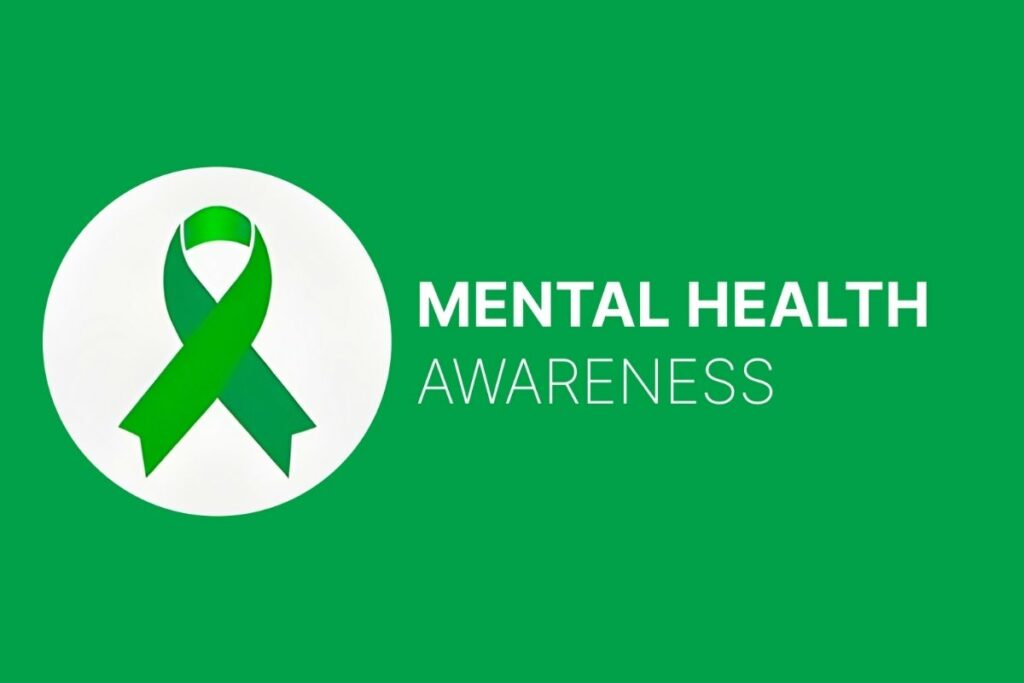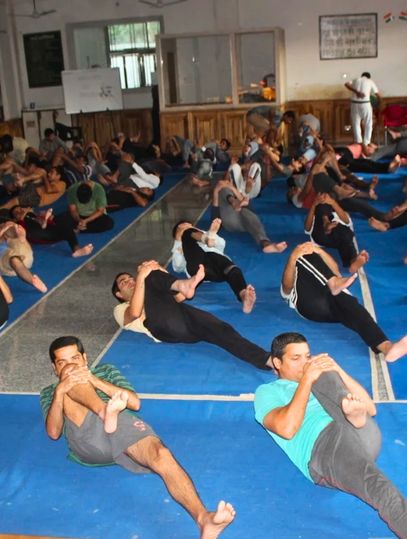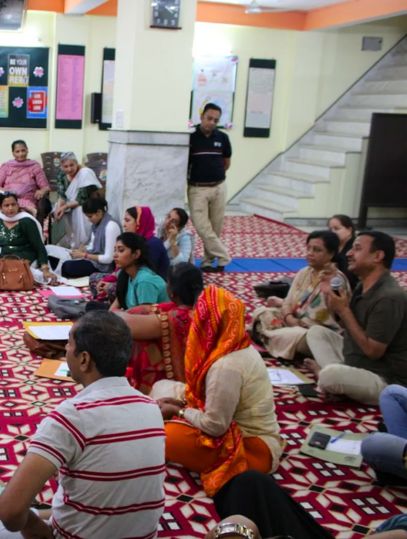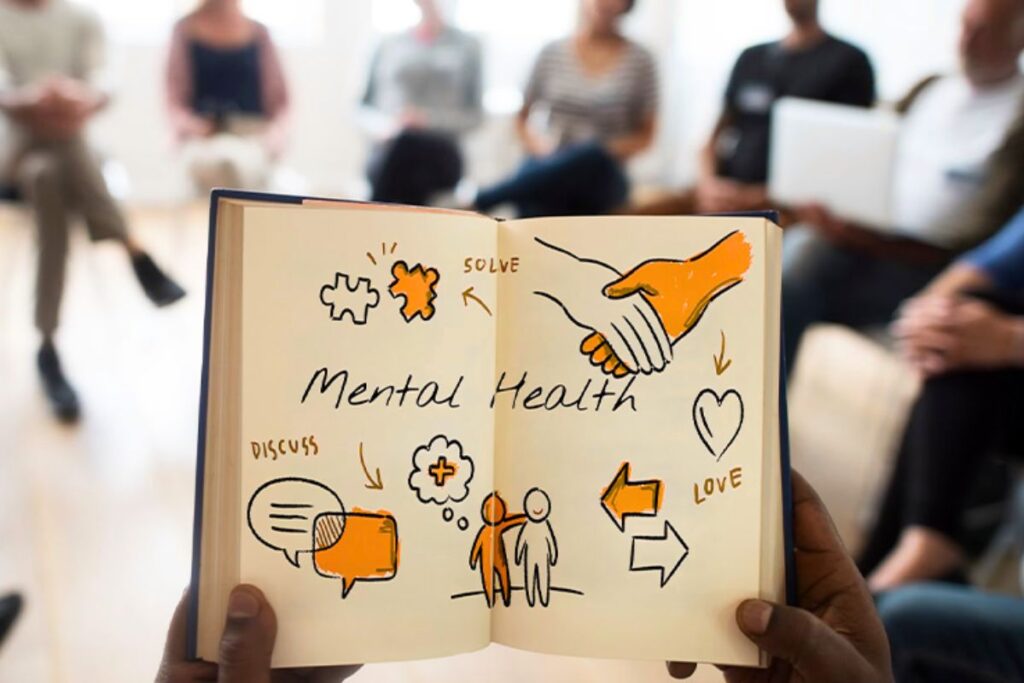
Mental health and addiction were once subjects brushed under the rug in Indian society. For decades, individuals battling anxiety, depression, or substance dependency suffered in silence due to stigma, lack of access to care, and limited understanding of these issues.
But over the past few years, how mental health awareness is transforming addiction recovery in India has become a topic of serious conversation. From public campaigns to celebrity advocacy and grassroots support systems, the country is shifting its approach from denial to dialogue. And with that shift comes a demand for compassionate, well-rounded care.
So, the big question remains: Are Indian rehab centres keeping up with this cultural and medical evolution?
A Cultural Shift: From Shame to Support

One of the biggest milestones in India’s recovery journey has been the shift in public perception. Mental health conversations are no longer restricted to clinics—they are now happening at dinner tables, in schools, offices, and even on government platforms.
As the veil lifts, more people are opening up to therapy, acknowledging addiction as a medical condition, and looking for mental health support in addiction recovery that respects both science and humanity.
From Traditional to Holistic: Rehabs That Heal the Whole Person
Rehabilitation in India used to rely on rigid medical models—uniform treatment protocols, medication, and strict supervision. But the latest wave of recovery centres is rewriting the script. They combine holistic addiction treatment in India with evidence-based therapies such as:
Cognitive Behavioral Therapy (CBT) & Dialectical Behavioral Therapy (DBT)
- Family counselling and education
- Group therapy and trauma-informed care
- Yoga, meditation, and mindfulnessu
- Art, drama, and music therapy
- Diet, fitness, and lifestyle coaching
This comprehensive approach aligns with the growing awareness that addiction recovery is as much emotional and spiritual as it is physical.
Tech-Enabled Healing: Access for All
Part of India’s evolving addiction recovery model lies in the integration of digital care. From mental health apps to teletherapy and online peer groups, technology is removing barriers for people in remote areas or those who may be hesitant to seek help in person.
Many hybrid rehab models now blend in-clinic detox with digital aftercare, creating a continuous support loop for relapse prevention and emotional regulation. This modern delivery model is particularly effective in making mental health support in addiction recovery accessible to diverse demographics.
Personalised Recovery Over Generic Protocols
Gone are the days of one-size-fits-all rehab. Today’s best practices revolve around individualised treatment plans that consider personality, trauma, substance type, emotional triggers, and co-occurring conditions.
This evolution reflects the very core of how therapy techniques for de-addiction are changing, recognising the person behind the problem. And when patients feel seen and understood, engagement increases, relapse reduces, and long-term healing becomes a reality.
Family and Community: Vital Healing Pillars

Indian culture is deeply rooted in family, and in addiction recovery, this can be both a challenge and an advantage. Many new-age centres now include family therapy as part of the healing plan, helping loved ones understand the condition and play a supportive role.
Additionally, community-based programs, school workshops, and workplace mental health initiatives are growing—another sign of expanding de-addiction awareness in India.
Addressing Stigma: Awareness as Advocacy
Despite improvements, stigma around addiction and mental health persists. To tackle this, centres are investing in public education, awareness drives, and training programs to normalize seeking help.
Reframing recovery as a brave, responsible, and human act is an essential part of holistic addiction treatment in India because shame has no place in healing.
Choose Wisely: Ethics Over Hype
With rising demand, there’s also been a rise in questionable rehab facilities. Not all centres promising premium care deliver results. It’s crucial to research, ask for certifications, check patient reviews, and ensure transparency in pricing and processes.
The best Indian rehab centres combine ethical practice with clinical quality, prioritizing lives over profits.
Indian Rehab: A Unique Model of Global & Local Wisdom
India’s model of recovery is one-of-a-kind—fusing global rehab standards with local cultural wisdom. Western models emphasize individual healing; Indian models often include community, spirituality, and family, offering mental health support in addiction recovery that’s both scientifically sound and soul-nurturing.
Ayurveda, yoga, and meditation aren’t just add-ons; they are increasingly central to holistic addiction recovery in India, giving patients deeper tools for lifelong resilience.
What the Future Holds

India has made visible progress, but much remains to be done. Here’s where focus is needed:
School-level mental health education
Insurance policies covering mental illnesses and addiction
Government oversight for rehab licensing
Investments in rural rehab infrastructure
More community-led mental health initiatives
How mental health awareness is transforming addiction recovery in India is more than a trend—it’s a quiet revolution. From institutional upgrades to cultural rewiring, India is evolving into a place where healing is no longer shameful but sacred.
As more individuals recognize addiction as a treatable condition—not a moral failure hope is replacing helplessness.
And if you’re standing at the crossroads of seeking help, know this:
You’re not broken. You’re beginning.


